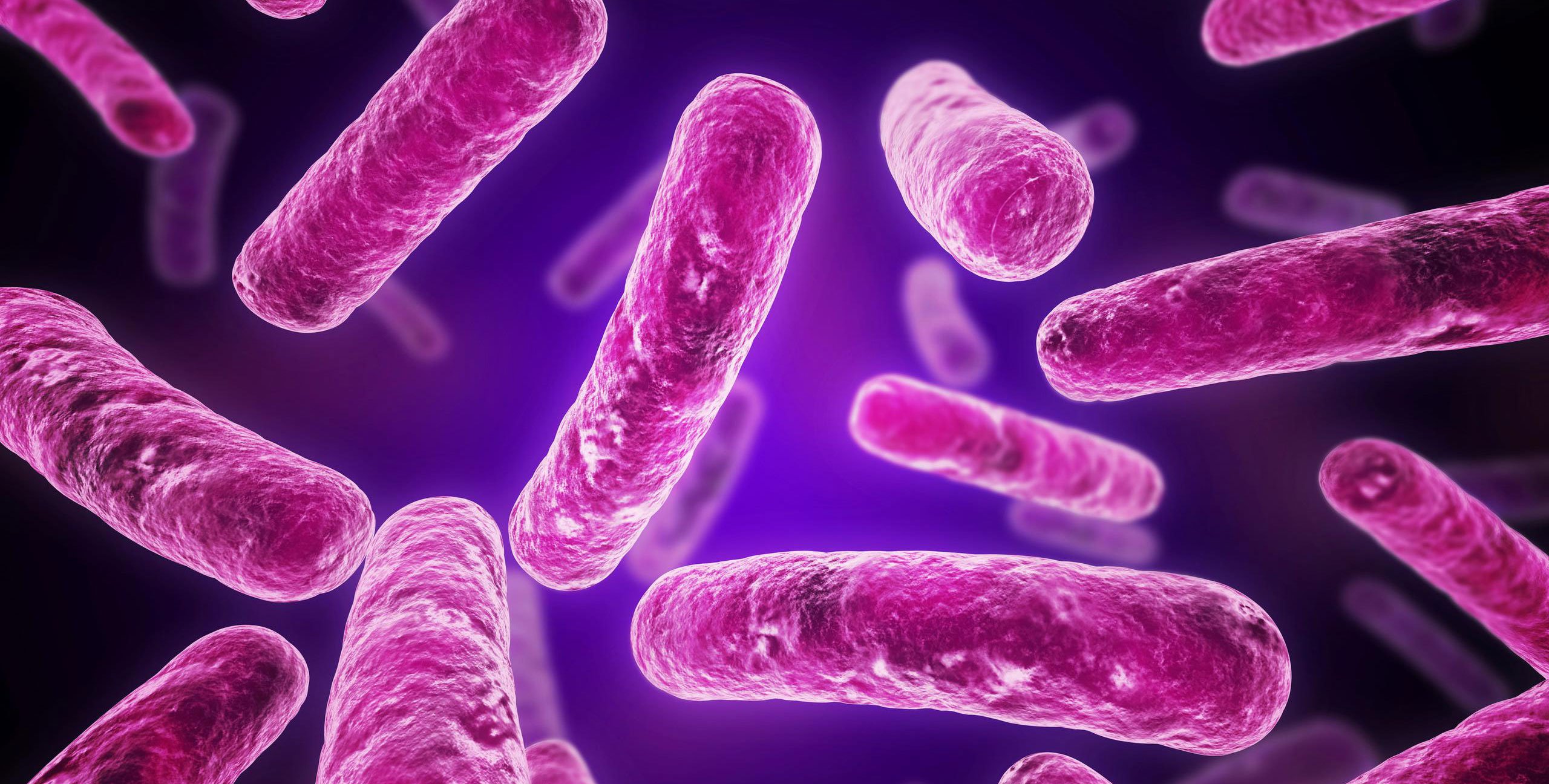People have known for years that emotions can affect the digestive system. For example, think about a time when you were particularly nervous–did this trigger any digestive upset like nausea, stomach cramps, butterflies in the stomach, or worse…?
However, researchers have more recently discovered that there is actually a reciprocal relationship between the gut and the brain, meaning that while the brain can affect the gut, the gut can also affect the brain.
Everyone’s gut microbiota is affected by the foods they eat. For example, people who eat greater amounts of vegetables and fiber have much greater concentrations of good bacteria than those who consume the SAD (Standard American Diet) which is full of refined foods and unhealthy types of fat.
It is thought that unbalanced gut environments can lead to a range of negative health consequences in the brain, including disorders such as depression, anxiety, and potentially Alzheimer’s and autism. In fact, the gut, rather than the brain, is actually responsible for producing most of your body’s serotonin! Therefore, ensuring you have a healthy microbiome in your gut is an essential component to help reduce the risk of suffering from many of the conditions previously mentioned.
Luckily, researchers have found that probiotics can have a profound effect on activity in certain brain regions, which could have implications for reducing negative emotional states. This suggests that your gut microbiome can, in fact, be changed and can potentially improve mental health, just as improved emotional states can improve digestive health.
There are a variety of ways you can begin to improve the environment in your gut! We’ve compiled a list to get you started:
- Eat fermented food such as kefir, fermented vegetables (such as kimchi), kombucha, and fermented soy (e.g., miso, tempeh, etc.). Fermented foods contain probiotics, which can help repopulate your gut with healthy bacteria!
- Limit or eliminate refined/processed foods. The “bad” bacteria in your gut feeds on refined carbohydrates (highly processed flour, sugar, etc.). Therefore, limiting or avoiding these foods completely will help you rebalance your gut!
- Take probiotics! This is very important for ensuring optimal gut health, especially if you do not consume many fermented foods. Be sure to invest in a good quality probiotic (the more strains of bacteria, the better), and only purchase probiotics that have been refrigerated, as leaving them unrefrigerated kills the good bacteria in the capsules.
If you suspect that you are already suffering from digestive imbalances (e.g., leaky gut syndrome) the above list may not be enough. Consider looking into the GAPS diet, which is a way of eating specifically designed to restore and rebalance your gut bacteria for optimal digestive health.
Disclaimer: This blog is intended for informational purposes only and is not a substitute for medical care. If you are suffering from physical or mental health issues, please see a licensed care provider.
Sources:
http://newsroom.ucla.edu/releases/changing-gut-bacteria-through-245617
http://articles.mercola.com/sites/articles/archive/2013/06/20/gut-brain-connection.aspx


